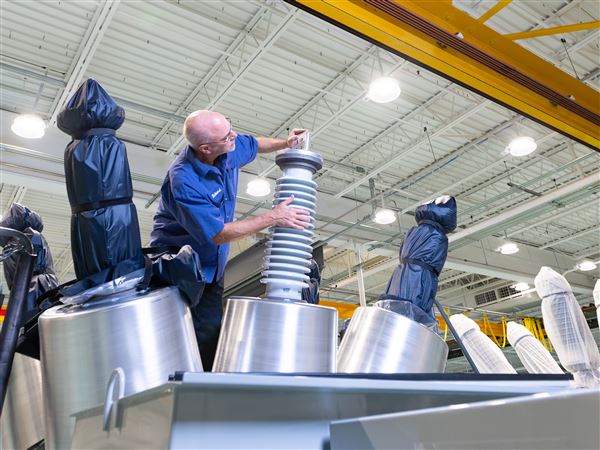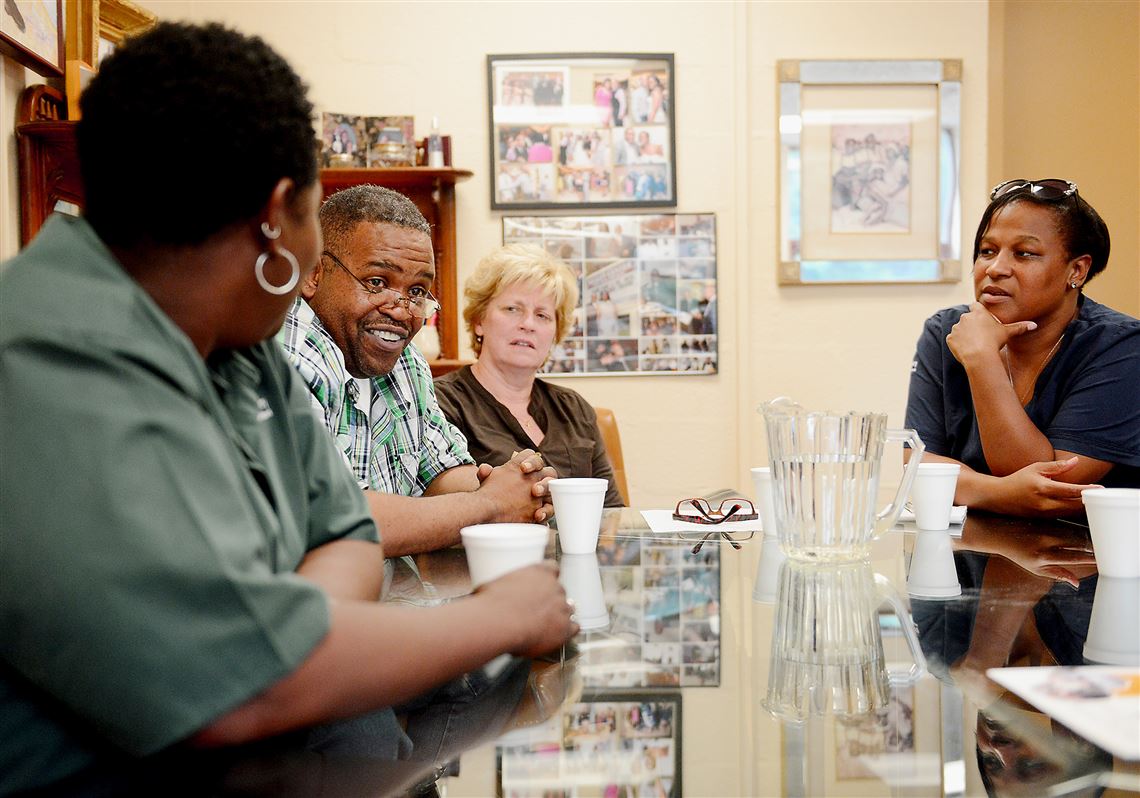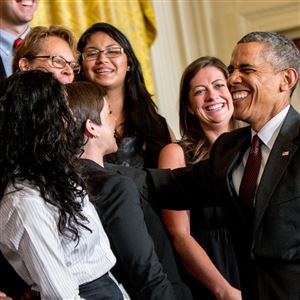In the 1990s and the 2000s, Allegheny General Hospital was able to keep unionization efforts by its tech and housekeeping staffs at bay.
Times change.
This year — when the Service Employees International Union Health Care PA started to organize technicians, dietary workers and housekeepers at the North Side hospital — there were no anti-union meetings that employees were forced to attend. Union organizers were allowed to use the cafeteria to distribute literature, and the workers did not encounter any resistance to wearing union buttons or badge holders.
It was, as Lou Berry, a housekeeper at UPMC Montefiore, lamented, “all the stuff we would be arrested for doing.”
Five weeks passed between when workers at Allegheny Health Network started the union drive and when the vote was taken in which more than 80 percent of the eligible employees endorsed representation by the SEIU.
As Bridget Smith, a member of the dietary staff at Allegheny General Hospital for the last 15 years, told the story of their unionization efforts on Monday night at a meeting in the Hill District, Mr. Berry shook his head.
It’s a tale of two union drives.
Mr. Berry has been working for UPMC for the last eight years, and when employees there were having a conversation in the cafeteria about unionizing, the police were called and two people were arrested. UPMC employees have had to attend meetings during which management discouraged unionization.
The two groups of employees — the unionized workers at Allegheny Health Network and the workers at UPMC who are still seeking representation — decided to lend each other support in the fight for better pay and working conditions.
The move to organize UPMC has been so contentious that the National Labor Relations Board has filed charges against the hospital for impeding the process.
UPMC declined comment for this story.
The health care workers say they want at least $15 an hour and the union to represent them. They also want a say in patient care — particularly regarding staffing.
It used to be, Mr. Berry said, that there were two housekeepers for each unit at Montefiore Hospital in the 1990s. Now each housekeeper has to clean two units.
At Allegheny General Hospital, Courtney Martin, a specimen processor in the laboratory, regularly works overtime to make sure patients tests are done because she knows it is important to their care. The lab is so short staffed that she has, at times, worked from 2 a.m. when her shift starts to well into the following evening, getting home to catch a few hours of sleep only to go back and do it again.
“You can’t keep cutting corners in a hospital for long before patient’s lives are at stake,” Sharyce Greene, a nurse in the medical intensive care unit at Allegheny General Hospital, said.
She said the unions want minimum staffing levels set for housekeeping and laboratories.
While housekeeping, laboratories and the dietary department may not provide direct care, she said, they are important functions that keep the hospital running.
“We’re not making widgets here,” said Paula Stellabotte, a nurse at UPMC Altoona who is the president of the nurses union there. “We’re talking about people’s lives.”
A third prong of the agenda set out by the health care organizers is a detente in the region’s health care wars so that patients can receive affordable care at all hospitals, no matter what insurance they carry.
Mr. Berry and Latasha Tabb, a medical assistant at UPMC Children’s Hospital, said the support from the workers at Allegheny Health Network is a welcome infusion of energy to their unionization campaign.
Listening to the story of an easy unionization effort, Mr. Berry said, does not discourage him from continuing to try to organize UPMC workers.
“It will be so rewarding when I finally beat them,” he said.
Ann Belser: abelser@post-gazette.com or 412-263-1699.
Correction, posted Aug. 5, 2015: A photo caption in an earlier version of this story misidentified Bridget Smith.
First Published: August 5, 2015, 4:00 a.m.















